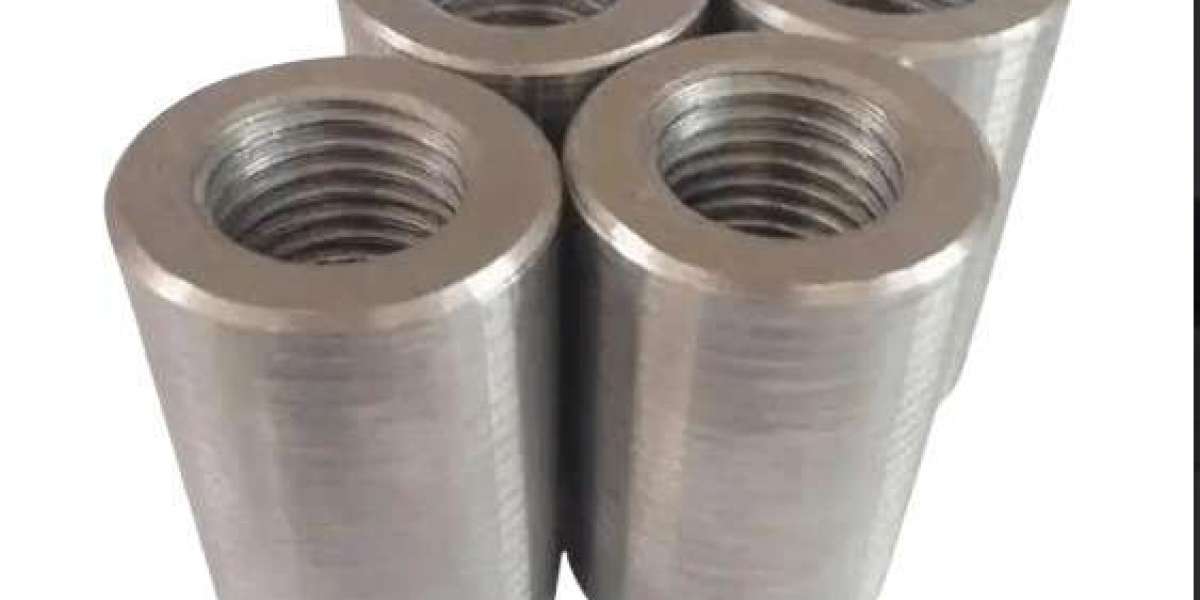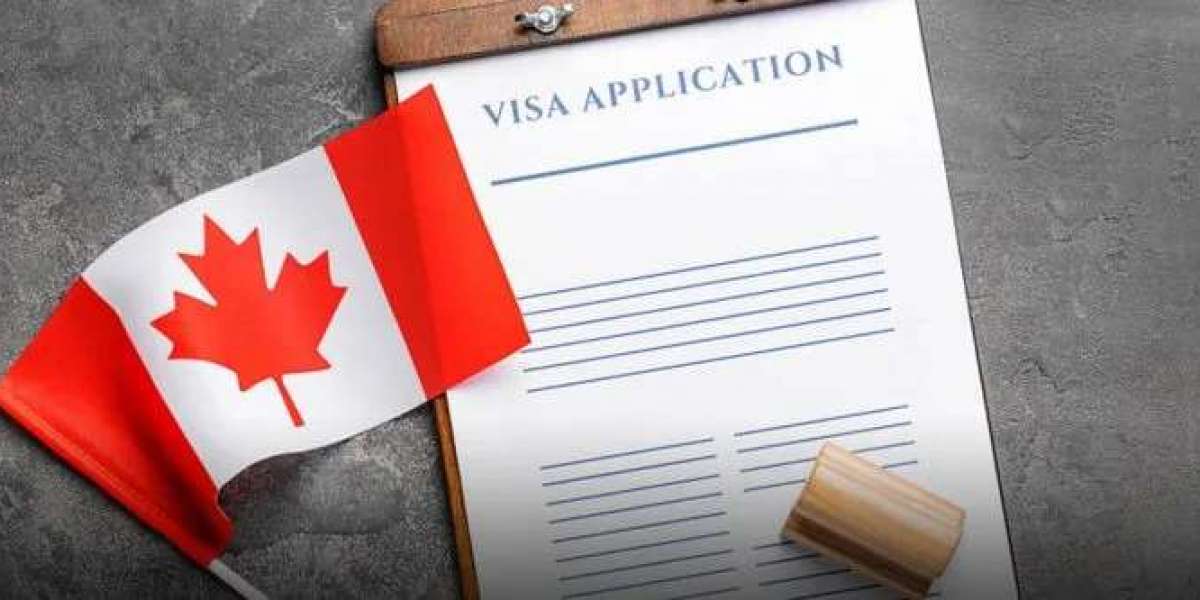In the realm of mechanical engineering and piping systems, thread coupling is a crucial element that ensures the effective connection and operation of various components. Thread coupling involves joining two threaded parts, typically using a coupling device, to create a secure and stable connection. This process is pivotal in applications where a strong, reliable connection is required to handle significant stresses and pressures. This guide aims to delve into the concept of thread coupling, its types, applications, benefits, and the factors to consider when selecting the appropriate thread coupling for your needs.
What is Thread Coupling?
Thread coupling is the process of connecting two components with threaded ends to form a continuous, secure link. This type of coupling is essential in various industries, including plumbing, automotive, aerospace, and manufacturing. The thread coupling process typically involves a coupler or a coupling device that has internal threads designed to match the external threads of the components being joined.
Thread coupling is utilized in various scenarios, from simple pipe connections to complex mechanical assemblies. The primary goal is to ensure that the connection can withstand operational stresses and provide a reliable seal to prevent leaks or failures.
Types of Thread Coupling
Thread coupling comes in several forms, each suited for specific applications and requirements. Here’s an overview of the common types:
- Standard Couplings: These are the most common type of thread couplings and are used in a wide range of applications. They are designed to connect two threaded components of the same size and thread type.
- Reducing Couplings: These couplings are used to connect two components of different sizes. They feature threads of different diameters on each end, allowing for a transition from one size to another.
- Adapter Couplings: Adapter couplings are designed to connect components with different thread types or standards. They allow for compatibility between parts that would otherwise not fit together.
- Male and Female Couplings: In this configuration, one coupling has external threads (male) while the other has internal threads (female). This design is used to create a secure connection between two parts.
- Locking Couplings: These couplings have a locking mechanism to ensure a tight and secure connection. They are often used in applications where vibrations or movement might otherwise loosen the connection.
Applications of Thread Coupling
Thread coupling plays a vital role in many applications, including:
- Piping Systems: In plumbing and industrial piping systems, thread coupling is used to join pipes and fittings. It ensures a secure and leak-proof connection that can handle high pressures and varying temperatures.
- Automotive Industry: Thread couplings are used in automotive assemblies to connect various components, such as engine parts, transmission systems, and exhaust systems.
- Aerospace: In the aerospace industry, thread coupling is essential for connecting components in aircraft engines, fuel systems, and hydraulic systems. The connections need to be highly reliable due to the extreme conditions encountered during flight.
- Manufacturing: In manufacturing, thread couplings are used to connect machinery parts, such as shafts, gears, and bearings. They help ensure that machines operate smoothly and efficiently.
Benefits of Thread Coupling
Thread coupling offers several advantages, making it a preferred choice in various applications:
- Reliability: Thread coupling provides a reliable connection that can withstand significant stresses and pressures. The threaded design ensures that the connection remains secure and stable.
- Flexibility: With various types of couplings available, thread coupling offers flexibility in connecting components of different sizes, thread types, and materials.
- Ease of Installation: Thread coupling is relatively easy to install. The threaded design allows for quick and straightforward assembly without the need for specialized tools.
- Maintenance: Thread couplings can be easily disassembled and reassembled, making maintenance and repairs more convenient. This is particularly beneficial in applications where components may need to be replaced or serviced regularly.
- Cost-Effectiveness: Thread coupling is often a cost-effective solution compared to other types of couplings. The materials used are typically affordable, and the installation process is straightforward, reducing labor costs.
Factors to Consider When Selecting Thread Coupling
When choosing the right thread coupling for your application, consider the following factors:
- Thread Type and Size: Ensure that the coupling matches the thread type and size of the components you are connecting. Using the wrong thread type or size can result in a poor fit and potential leaks or failures.
- Material: The material of the coupling should be compatible with the materials of the components being joined. Common materials for thread couplings include steel, stainless steel, brass, and plastic. Consider factors such as corrosion resistance, strength, and temperature tolerance when selecting the material.
- Pressure and Temperature: Assess the operating pressure and temperature of the application. Choose a coupling that can withstand these conditions without compromising its integrity.
- Sealing Requirements: Depending on the application, you may need a coupling with a sealing mechanism to prevent leaks. Some couplings come with built-in seals or gaskets to ensure a tight connection.
- Compatibility: Ensure that the coupling is compatible with the specific requirements of your application, including any industry standards or regulations that may apply.
Installation and Maintenance Tips
Proper installation and maintenance are crucial for ensuring the effectiveness and longevity of thread couplings. Here are some tips to consider:
- Cleaning: Before installation, clean the threads of both the coupling and the components to remove any debris or contaminants. This helps ensure a proper fit and prevents leaks.
- Torque Specifications: Follow the manufacturer’s torque specifications when tightening the coupling. Over-tightening or under-tightening can lead to connection failures.
- Inspection: Regularly inspect the thread couplings for signs of wear, corrosion, or damage. Replace any couplings that show signs of deterioration to prevent potential issues.
- Lubrication: In some cases, applying a lubricant to the threads can help ease installation and reduce friction. Be sure to use a lubricant that is compatible with the materials of the coupling and the components.
- Alignment: Ensure that the components being connected are properly aligned before tightening the coupling. Misalignment can cause undue stress on the coupling and lead to premature failure.
Conclusion
Thread coupling is a fundamental aspect of mechanical engineering and piping systems, providing a secure and reliable method for connecting threaded components. With various types of couplings available, it is essential to choose the right one based on your specific needs and application requirements. By understanding the different types, benefits, and factors to consider, you can ensure that your thread couplings provide optimal performance and longevity.
Whether you are working in plumbing, automotive, aerospace, or manufacturing, thread coupling plays a crucial role in ensuring the effective operation of your systems. Proper installation and maintenance practices are key to maximizing the benefits of thread coupling and preventing potential issues.
At Couplerhub, we are dedicated to providing high-quality thread coupling solutions tailored to your needs. Our expertise and wide range of products ensure that you find the perfect coupling for your application. Contact us today to learn more about our thread coupling offerings and how we can assist you in achieving reliable and efficient connections.








